Climate change has Adverse effects seen all over the world Various mountain ranges have dramatically transformed within the last few years. The impacts of climate change on different trekking routes in Nepal. It has been felt by both the local inhabitants and the trekkers. Temperature is also rising in the Snow peak mountains area and it causes the ice on the mountain to melt at an alarming rate. It has caused increased rock falls and avalanches. During your trekking, you will discover the exposure of the rocks in the mountains which have been covered with ice before and the shrinking of glaciers lake.
Glaciers are melting at alarming rates due to the lack of ice and snow on the peaks you will find the visible sign at the mountain and the marks of the water level in the lakes previously filled. These days, mountaineers are suffering due to climate change. Now, mountaineering has become evidence of climate change.
On the peaks of the Himalayas, an increasing number of avalanches, falling boulders, rising temperatures, unstable weather, and unstable ground are some issues that have made mountaineering difficult.
Itinerary
Expand/Close
Fly from Kathmandu to Lukla (2886m.) and it takes about 30 minutes. Trek from Lukla to Phakding (2640 m.) which takes approximately three hours.
You transfer to the domestic airport for your flight to Lukla. Lukla is a small town with an airport. There are few tea shops, lodges, hotels, and general stores. You begin today’s trek from Lukla following a gentle climb up the mountainside on the left bank of the Dudh Koshi river. Nupla (5885m) can be seen in the distance on the opposite bank, is a peak atop the Kongde Ridge. You descend a mountainside path that merges into your route to Everest, with views to a valley to your right; and at its far end, Kusum Kang (6367m.) The Dudh Kosi approaches as you pass a Mani wall and arrive at Ghat teahouse. You continue along a small path with many climbs and descents following the left bank of Dudh Koshi to Phakding.
Trek from Phakding to Namche Bazaar (3440 m.) and it takes about five hours. As you start through a level path along the right bank from the campsite, Thamserku (6623m) looms skyward on the opposite bank. You cross a stream and climb the terraced hill from the Dudh Koshi route, to arrive at Bengar. It is time to climb from the riverbed on the left bank into the mountain, through a forest to Chumoa. You continue along a path with many ups and downs; cross a stream, and pass by the tiny village of Monjo. After descending the path of stone steps you return to the right bank over a wooden bridge. After a short climb you come to Jorsale’s teahouse and hotel, also stop at the National Park Service where a park entrance fee is collected. After your departure from Jorsale you enter a forested mountainside. You move on following a short walk along the riverbed of this V-shaped valley where the river forks – the right is the Dudh Koshi and the left is the Bhote Koshi that leads to Nampa La. After short distance along the Bhote Koshi, you begin the steep ascent to Namche Bazar. As the mountain path zigzags uphill, you will emerge at a ridge top rest area that offers excellent views of Everest (8848m) and Lhotse (8516m.) The climb eases somewhat, and Namche Bazar appears ahead as you travel along the path surrounded by pines. You pass the plateau where the Saturday bazaar is held and enter the village. Namche Bazar (3440m) is surrounded on three sides by mountain ranges and opens out only where it faces the Bhote Koshi. The village is a central hub of the area and food, sundries and even mountain climbing equipment may be purchased here
Rest day at Namche Bazaar (3440 m.) for acclimatization and excursion around the places. Namche is tucked away between two ridges amidst the giant peaks of the Khumbu and has an abundance of lodges, tea shops and souvenir shops as well as a magnificent outlook. It is an ideal place to spend a rest day for acclimatization to the high altitude before heading off towards Tyangboche. For the acclimatization you walk up to Khunde Hospital which was set-up by Sir Edmund Hillary, or a one hour walk up to the Syangboche (3800m.) where Everest View Hotel is situated above Namche for the outstanding view of Everest, Nuptse, Lhotse, Ama Dablam, Thamserku and Kusum Kangaru. There are also good views from the National Park Centre and Museum just above the town.
Trek from Namche Bazaar to Tyangboche (3867 m.) and it takes about five hours. You leave the village for a climb to the top of a ridge and level mountain path that offers an excellent panorama of Thamserku, Kantega, and Kusum Kangrib. To the right there is a steep cliff that drops down to the Dudh Koshi, faintly visible on the valley floor below. As you make your way around a branch ridge, Ama Dablam (6812m) Everest, Lhotse, Nuptse (7855m) and Tawoche (6501m) suddenly appear. After a gentle descent the mountain path ends; you will come to the fork leading to Gokyo. Now you descend past two tea houses and through the village of Trashinga. Though you cannot see it, you can hear the Dudh Koshi and soon you descend to the river and arrive at Phunki Tenga. It is a long climb to Tyangboche; the first half is especially steep. As you climb through the forested zone, the incline eases and a splendid view appears. Continue climbing the mountainside diagonally until you come to the stone gate built by lamas which marks your entry into Tyangboche (3867m). You may use the large plateau in front of the splendid monastery as your campsite. There are a lodge and hotel managed by the National Park Service. Tyangboche is an important lookout point on this course, and the sunset on Everest and Ama Dablam is especially beautiful
Trek from Tyangboche to Dingboche (4260 m.) and it takes approximately five hours. Leave Tyangboche and the Khumbu mountains as a backdrop-and descend a rhododendron covered area to emerge to a pleasant level area. Being welcomed by a long Mani stone wall you enter the village of Deboche. You continue to Minlinggo and leave the mountain path to cross over a suspension bridge to the left bank of the Imja Khola. Climb the mountain path while looking up at Ama Dablam and Kantega (6779m) as they appear on the opposite bank. Ascend the chorten-lined route, come to a fork, the upper path passes Pangboche and a monastery, take the lower path to Pangboche Olin and its stone wall-enclosed potato field. Pass through the village and cross a stream to a path skirting a rocky area to terraced hills along the riverbank. The trails climb slowly, winding above the Imjatse River, to a big Mani Stupa. From here, the walk is fairly moderate as you enter the Imjatse Valley beneath the mighty peaks of Ama Dablam, Nuptse and Lhotse with views of the eastern snow capped mountains including the Island Peak or Imjatse (6,189m). Dingboche is a beautiful patchwork of fields enclosed by stone walls protecting the crops of barley, buckwheat and potatoes from the cold winds and grazing animals.
Trek from Dingboche to Lobuche (4930 m.) which takes about six hours.
The onward journey leads north for up to 50-minutes until you come to a mani-prayer Stupa. The trail is gentle looking down to Pheriche village below. Today’s walk offers views of the Mt.Tawache, Ama Dablam and to the north-Pokalde (5741m), Kongma-tse (5820m) and the great wall of Nuptse. After two hours walk, the trail from Pheriche joins near Dugla (4595m) before a small wooden bridge over the river of Khumbu glacier. You stop at Dugla, for lunch, before continuing for an hour up a steep hill to the top, where there are views of Mt. Pumori and other peaks west of Everest. After a short break, continue trekking up to Lobuche, hidden and sheltered from the wind.
Trek from Lobuche to Everest Base Camp (5486m.) via Gorakshep (5180m.) and it takes about seven hours. Trek up the valley following the rocky moraine path, view icy glacial pond and icebergs down below of Khumbu glacier. After the last rocky moraine dunes, a short downhill walk brings you to Gorakshep, the flat field below Kala Patthar (5545m) and Mt. Pumori (7145m.) Gorakshep is the location of the original Everest Base Camp with the new camp being further up the valley. Now the trail winds through rocky path and Khumbu glacier. The view of Nuptse, Lho-La and Khumbutse appears at the front of you. Sometime the avalanche can be seen on the way. After a great moment, you retrace back passing through Khumbu glacier with magnificent views of Lobuche, Cholatse, Mt. Pumori and Tabuche.
Trek from Gorakshep to Kala Patthar (5545m.) and trek to Dzongla (4620m.) and it takes about six hours. While trekking from Gorakshep the route descends gently upto Lobuche. Now the narrow path stretches at flat level along the riverbed for some distance and the route suddenly goes upward to Dzongla. It gives you the excellent views of Lobuche, Lobuche west, Cholatse and Tabuche. You stay overnight here.
Trek from Dzongla to Thangna (4650 m.) and it takes about five and half hours. The early part of the trek goes through flat stone path for an hour passing through arid valley. Now you head towards steeply ascent path as you reach Chola glacier. You walk for half an hour along the icy trails. After you reach Chola pass the route moves down through the stony path until you reach Phedi. Those who go for camping trek they camp around here and enjoy their lunch. The path goes ups and down for some distance and you arrive at ridge. From here you climb down upto Thangna. It is a small village with few lodges and tea shops. You can catch a glimpse of Machhermo peak and some others. People here mostly grow potato, buck wheat, wheat and some green vegetables.
Trek from Thangna to Gokyo (4750m.) which takes about four hours. To reach Gokyo your trails move along the glacier route until you reach first lake. The trek is easier over flat path following Dudh Koshi stream upto Gokyo. It is a windy valley and situated near the third lake. At Gokyo you are stunned by the natural beauty of Dudh Pokhari lake.
Trek/climb from Gokyo to Gokyo Ri (5483m.) and trek to Machhermo (4410m.) and it takes about five hours. Gokyo Ri looms above the village on the northern edge of the lake and you leave camp just after first light, following a steep path up the hillside. As you climb, the summits of Everest, Lhotse and Makalu slowly come into sight and the view from the summit of Gokyo Ri itself, is one of the finest to be had in the Everest region – some say it is even better than that from Kala Patthar. After lunch it is a short walk to the village of Machermo following Dudh Koshi stream. There are yak pastures and few human settlements. From here you can have an excellent view of Tawoche.
Trek from Machhermo to Namche Bazaar (3440 m.) which takes about six hours. The walk from Machhermo is mostly downhill to Phortse tenga following the forest covered rhododendron, pine and local incense. After that the trails climb steeply until you reach Monglo, a place with tea shops. The path now descends gently upto Khumjung. To reach Namche you follow flat and then down way to Namche. It grants you panoramic view of Everest, Nuptse, Lhotse, Ama Dablam, Thamserku and Kusum Kangaru. There are also good views from the National Park Centre and Museum just above the town.
Trek from Namche Bazaar to Lukla (2886 m.) and it takes about six hours. The last day of your trek leads from Namche Bazaar via Monjo to Lukla. The trek is pleasant, except for few short uphill climbs and then down to the Bhote- Koshi River crossing it three times. The last uphill climb of 45 minutes will bring you to Lukla for your overnight stay.
Fly from Lukla to Kathmandu. You take an early morning flight back to Kathmandu which takes about 35 minutes.
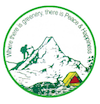

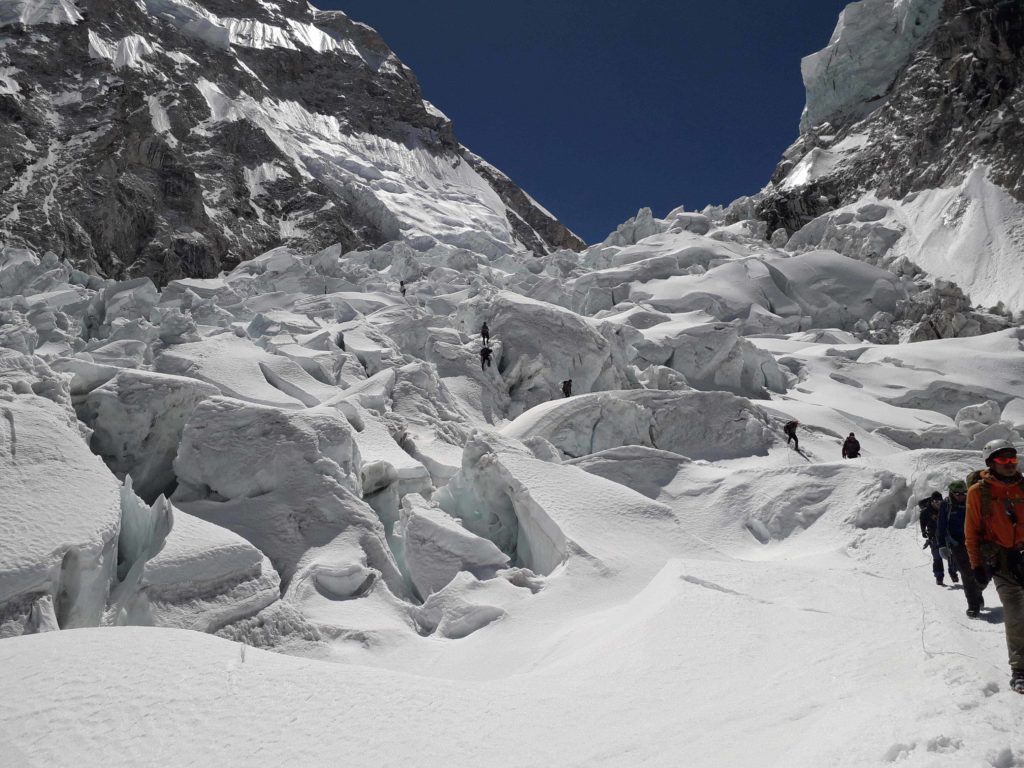
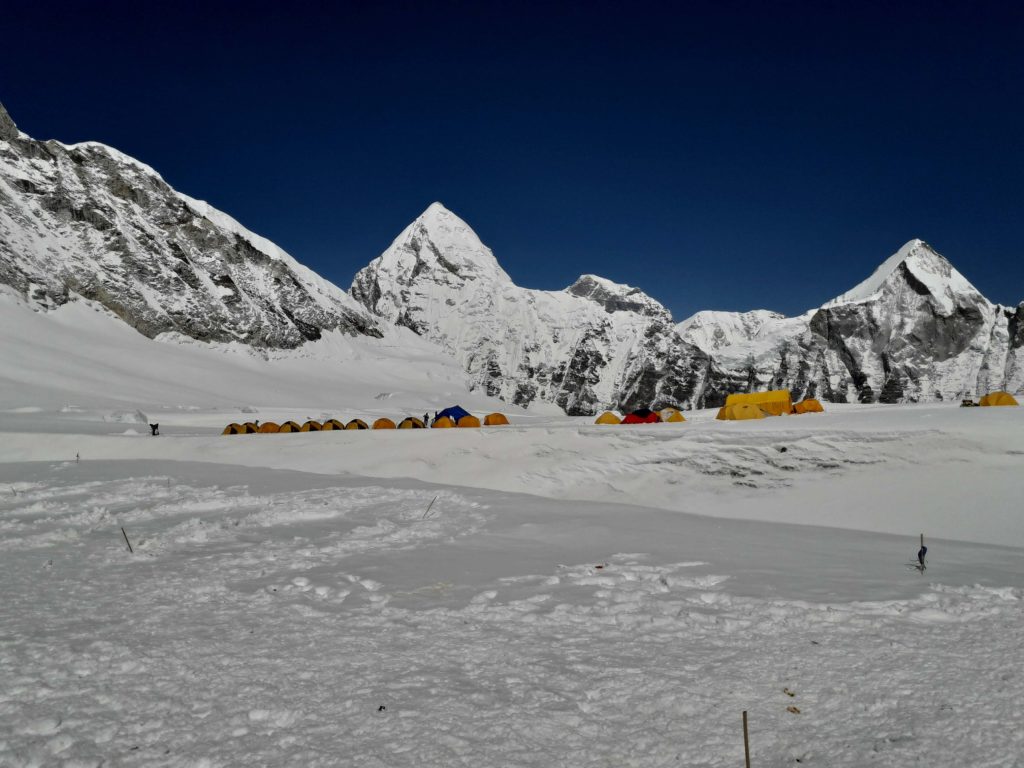
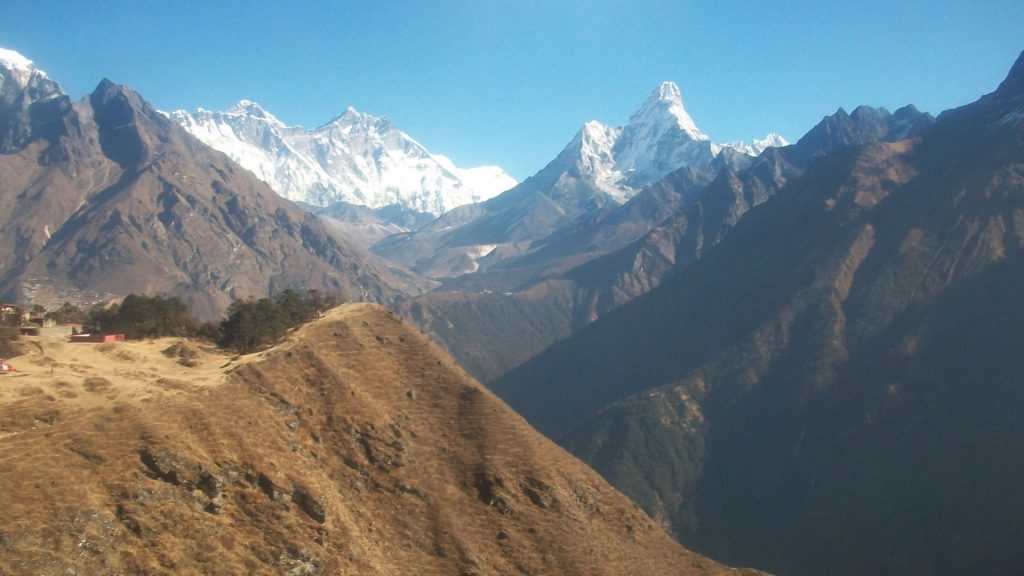
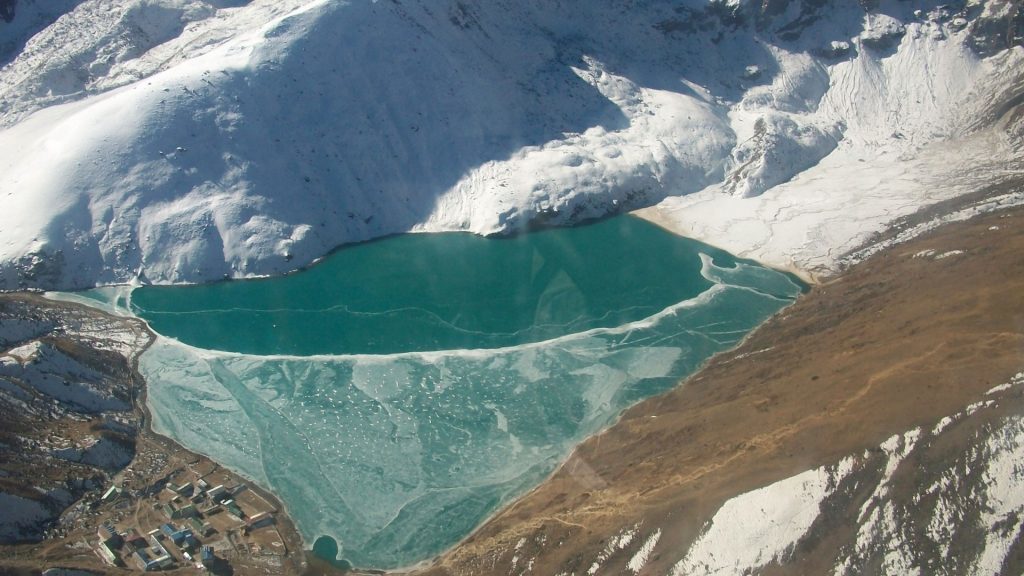
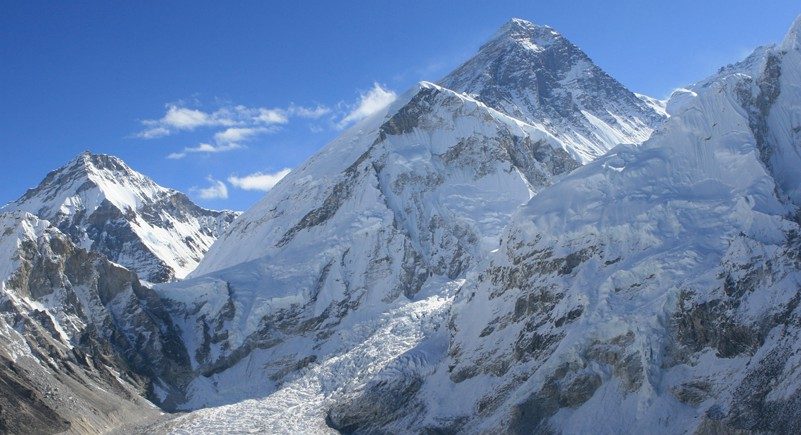
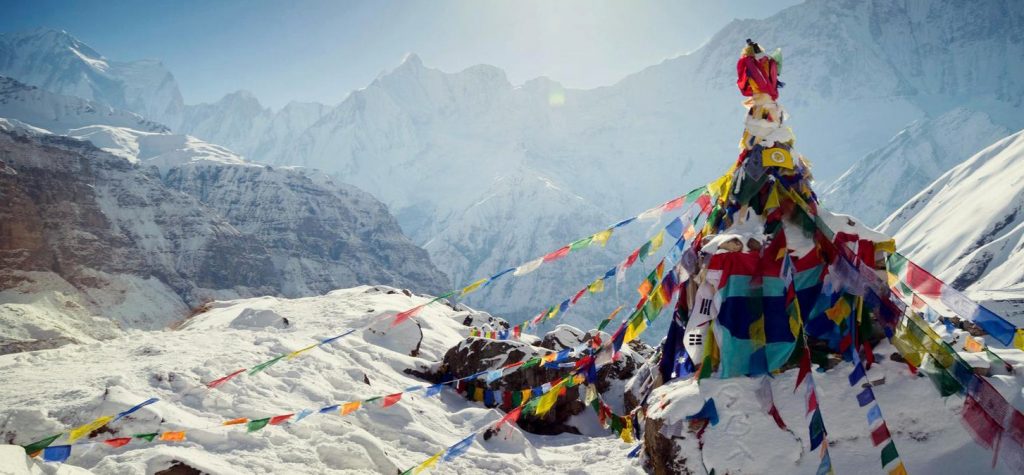
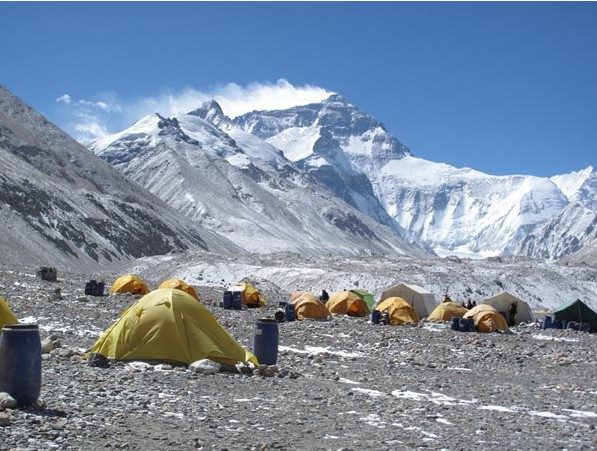
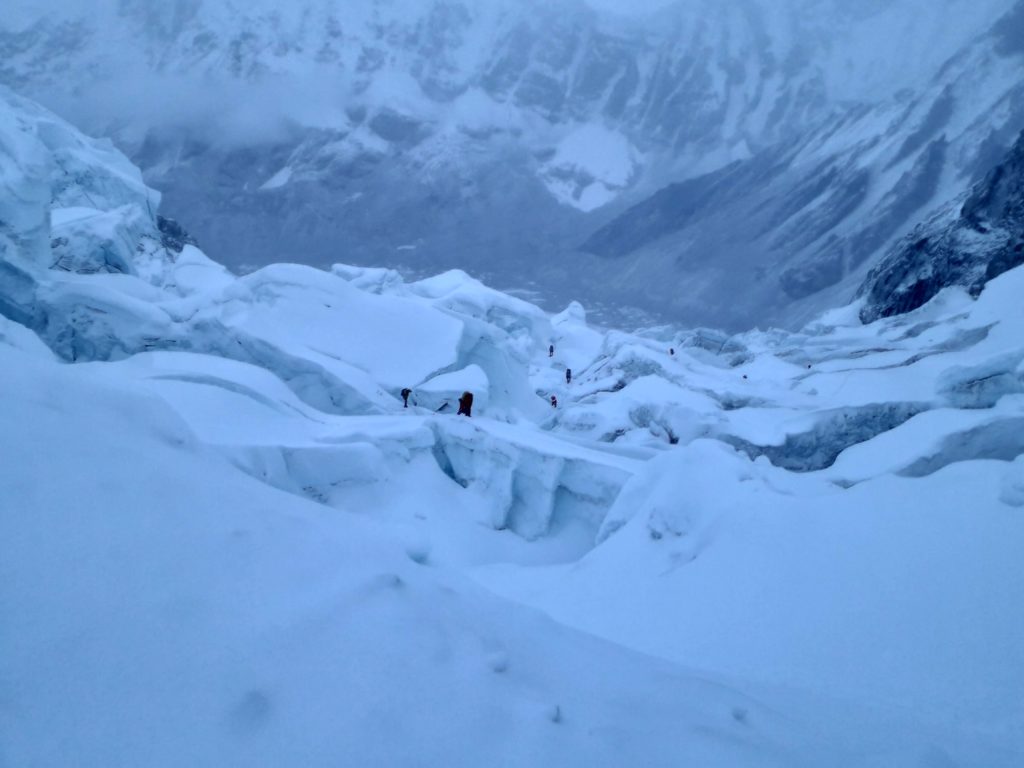
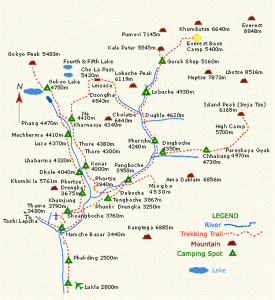
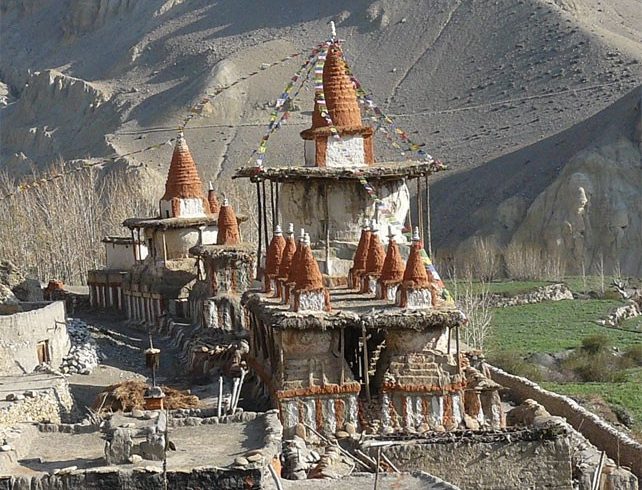
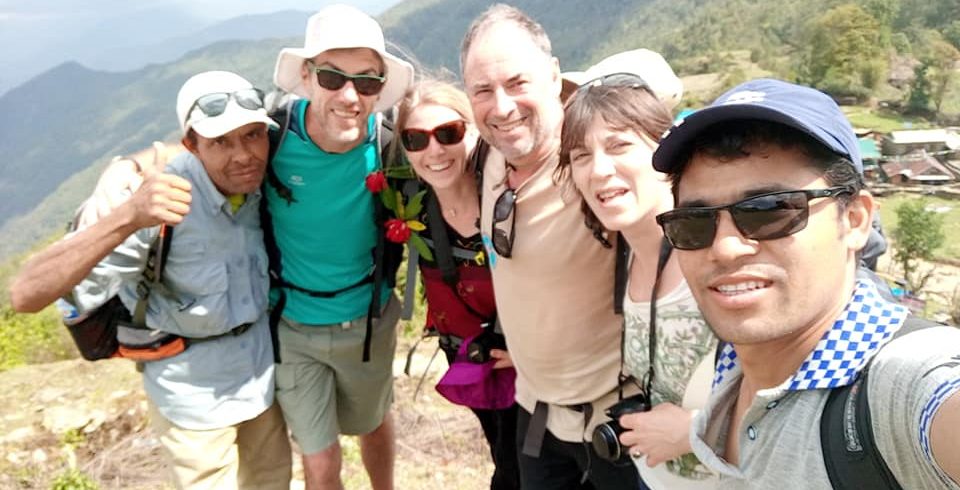
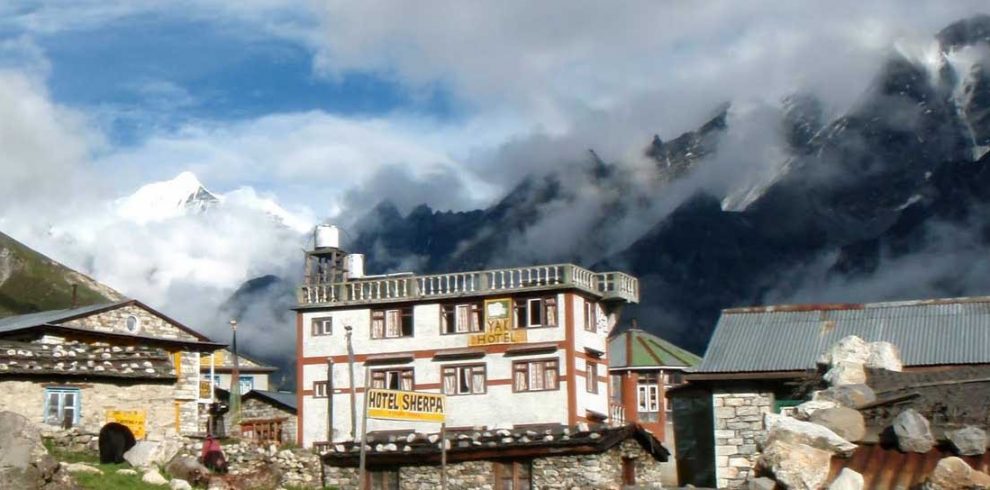
Write a Review
You must be logged in to post a comment.